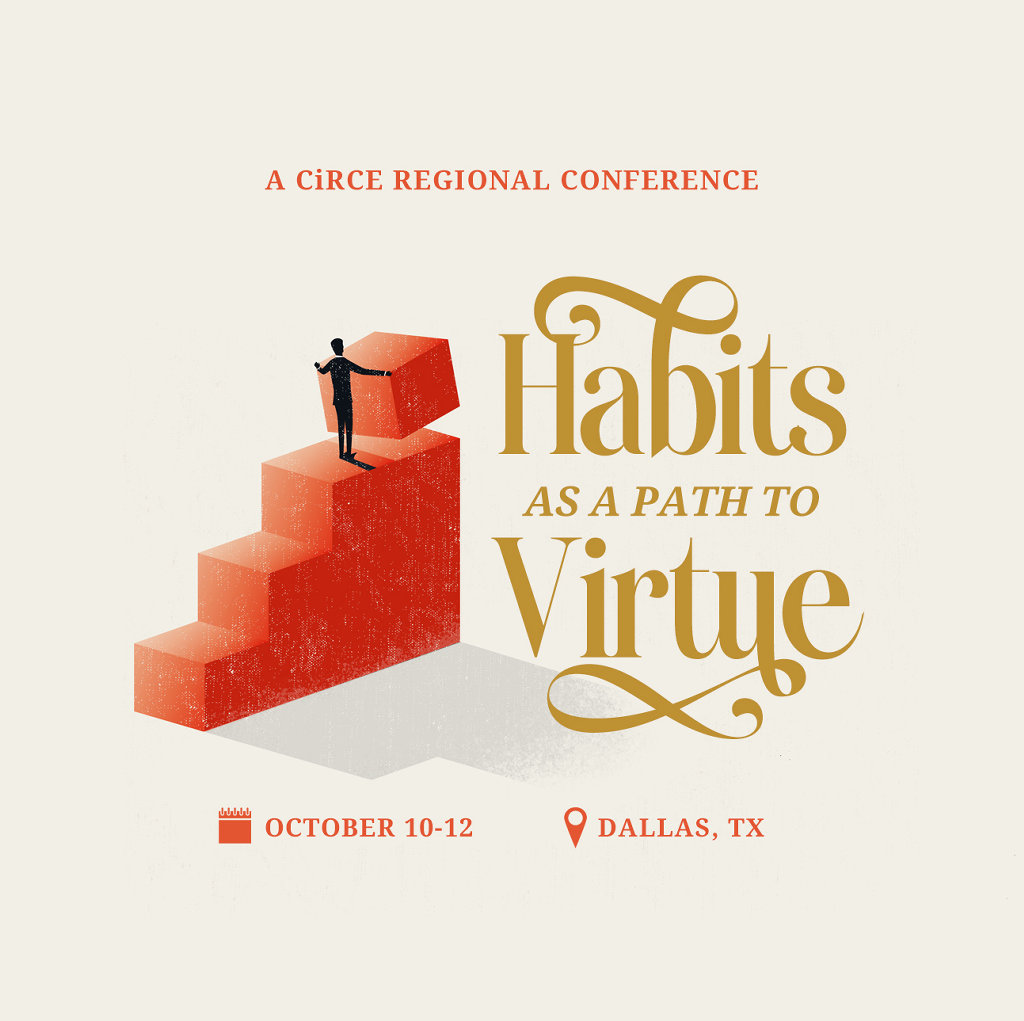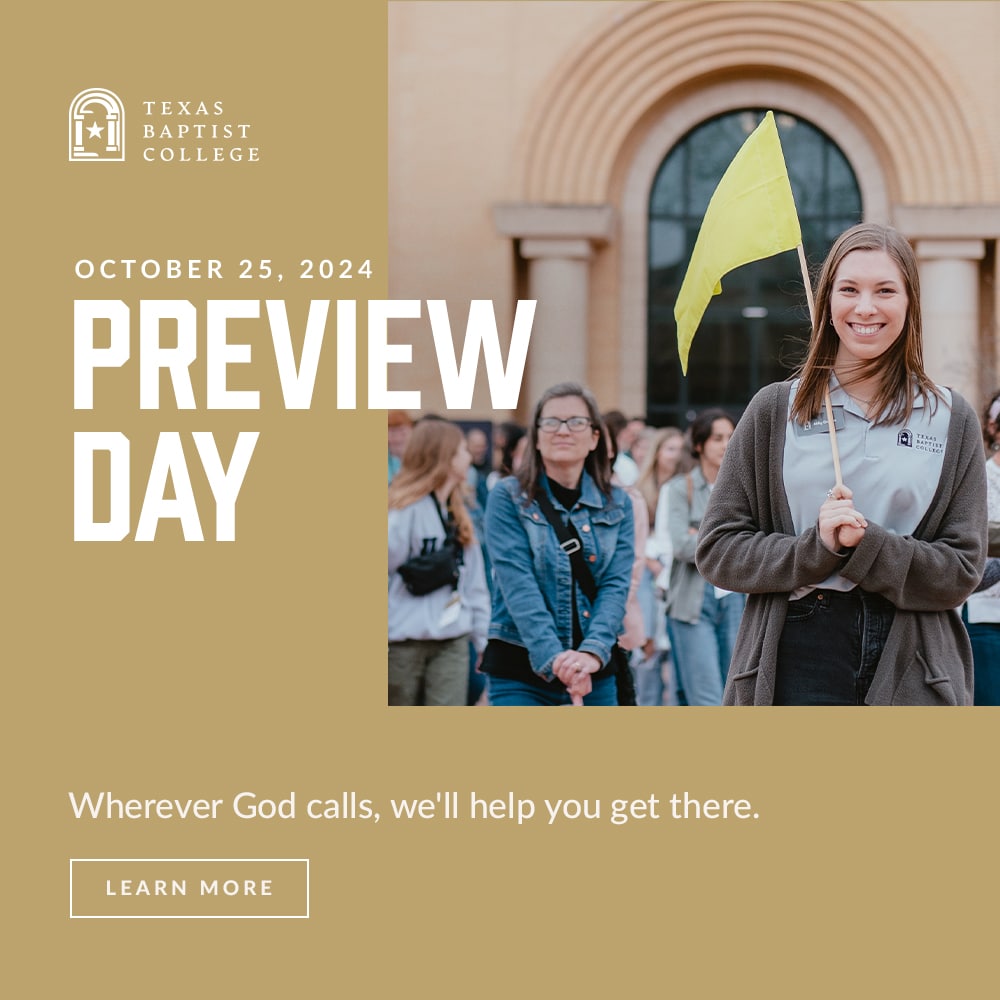To Work Is to Pray

I ran into an acquaintance this weekend. As we chatted, she commented, “I’ve seen your articles on Facebook, but I’ve never read them because I know that writing is just what you do. I would rather get to know who you are.” Puzzled, I noticed that she smiled and touched my arm as she said it, which convinced me that she meant this as a compliment. Instead, I felt dismissed, since writing is both what I do and who I am.
It is a pernicious lie that what we do diverges from who we are.
Certainly throughout our lives we complete tasks that we would rather not, like changing cat litter, that do not communicate any great truth about our identities. However, the fact that we do (or do not do) those things anyway, whether or not we do them begrudgingly or cheerfully, poorly or with excellence, reveals and shapes who we are. Doing and being are not enemies; they are interwoven threads in the tapestry of a life. The work that we produce, from education articles to breakfast burritos, are artifacts of our inner lives. They are not meaningless or disconnected, but sacramental evidence of the endeavor of being human. Thus, teachers should lead students to create meaningful work.
Work is the action of knowledge through making or doing something. Meaningful work includes chores, assignments, and daily disciplines such as hygiene habits and piano practice. Additionally, work often looks like what some might call leisure in the form of reading, art, conversation and craftsmanship. Activities that build outer and inner lives can be classified as work. Work embodies and expresses habits of mind, affections of heart, efforts of will, strength and skill of body, and yearnings of spirit.
There is a trend in education that requiring and rewarding rigorous work is unnecessary, perhaps even demotivating or damaging, but this is wrong. To promote and praise performance is to engage the student as a whole person, as my acquaintance failed to do. In dismissing my work, she dismissed an essential element of my humanity even in her attempt to honor it. Teachers often make the same mistake by disconnecting knowledge from its artifacts: meaningful work.
Creating meaningful work requires effort on the part of teachers and students. We can be tempted to disconnect knowledge and action, which was the serpent’s dark triumph in Eden. Contrary to current flabby educational theory, teachers honor students’ souls by mandating them to embody knowledge through producing quality work. If classical educators fail to require our students to work, we will raise a generation who will colossally miss the point. They will say, “I read Virgil, but it did not impact my life.”
This would be a great loss, because those of us in the classical education movement understand that, aside from the Biblical writers, Homer, Virgil, Dante, and Shakespeare have written the most practical books in the history of the world. The way to instill this core tenet of our movement is to require students to make or to do something with their knowledge.
I am not talking about utilitarianism, but unity of the soul. We were made from dust of the ground and breath of God, which correspond to body and soul. From the foundation of this world, the Creator embodied transcendence in creation. As teachers, we imitate him. We pray that our students will apply knowledge in deeply redemptive ways through service and leadership, but we start simply, with beautifully-crafted and correctly-completed nature journals, copywork, table settings, and thank you notes. The artifacts our students create, whether essays, thoughtful conversations, or community service projects, become threads that unite their souls.
If who we are and what we do are united, then the quality of students’ work matters insofar as it reflects our larger goals. Master teachers care about the humanity of their students. We do not want to dishonor their efforts, even when they fall short, and we know that each student contains a galaxy of glory far beyond his or her academic performance. We know that a bad essay does not make a bad student, far less a bad soul. But in attempting to honor students beyond their performance, we must take care not to neglect the opportunity to take seriously their engagement with life.
Work is the record of a person’s meaningful participation in the world. If nobody read, critiqued, challenged my writing or teaching, my work would no longer matter. My vocation would become meaningless. So it is with our students. Engaging with their work means praising their efforts without neglecting to invite them to go “further up and further in.”
This requires discernment.
Right now, my children are painting wooden birdhouses and singing songs from Les Miserables, creating artifacts of what they love and learn. I do not tell them that they are mispronouncing the French phrases, nor that the grasshopper my daughter painted on the roof of her birdhouse looks like a green blob. That would discourage and demean them and undermine my goal, which is always and only that they love what is worth loving. In this case, what matters is that they are uniting meaningful work and meaningful knowledge. However, during piano practice, I correct mistakes since playing a piece of music properly is necessary to forging the connection between knowledge and action in the art of harmony. In both cases, they do meaningful work although the level of mastery required is different.
Wise teachers are intentional to discern what level of performance is appropriate to the desired end.
In medieval times, monasteries lived by the maxim ore et labore, “prayer and work.” Some even claimed that laborare est orare, “to work is to pray.” Meaningful work forms redeemed souls to God.
Classical educators who teach by these maxims will engage their students in knowledge and action that participates in the life of the world.









